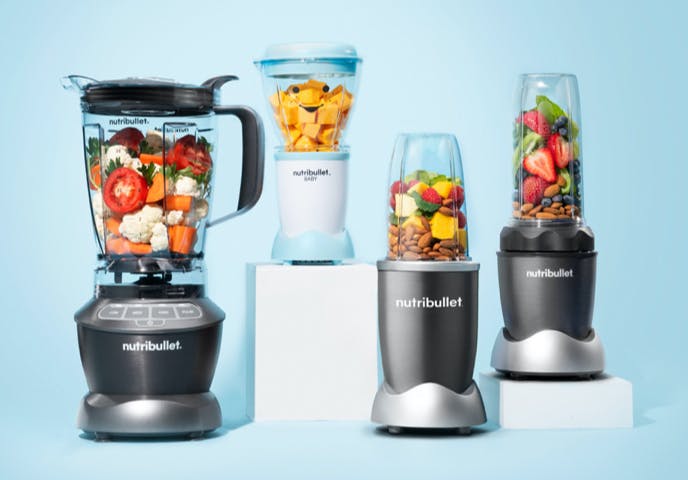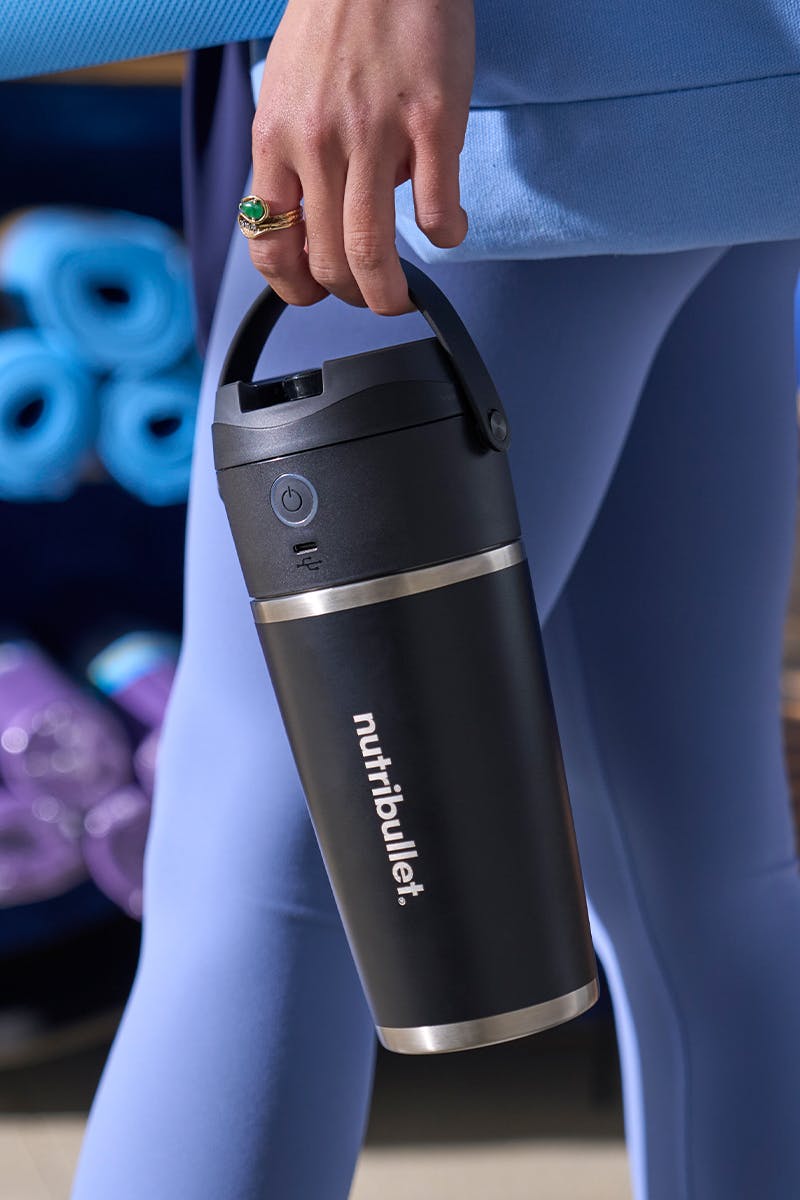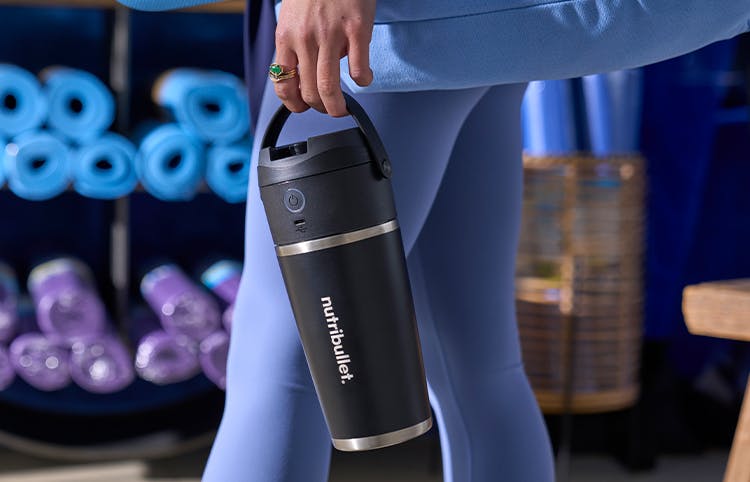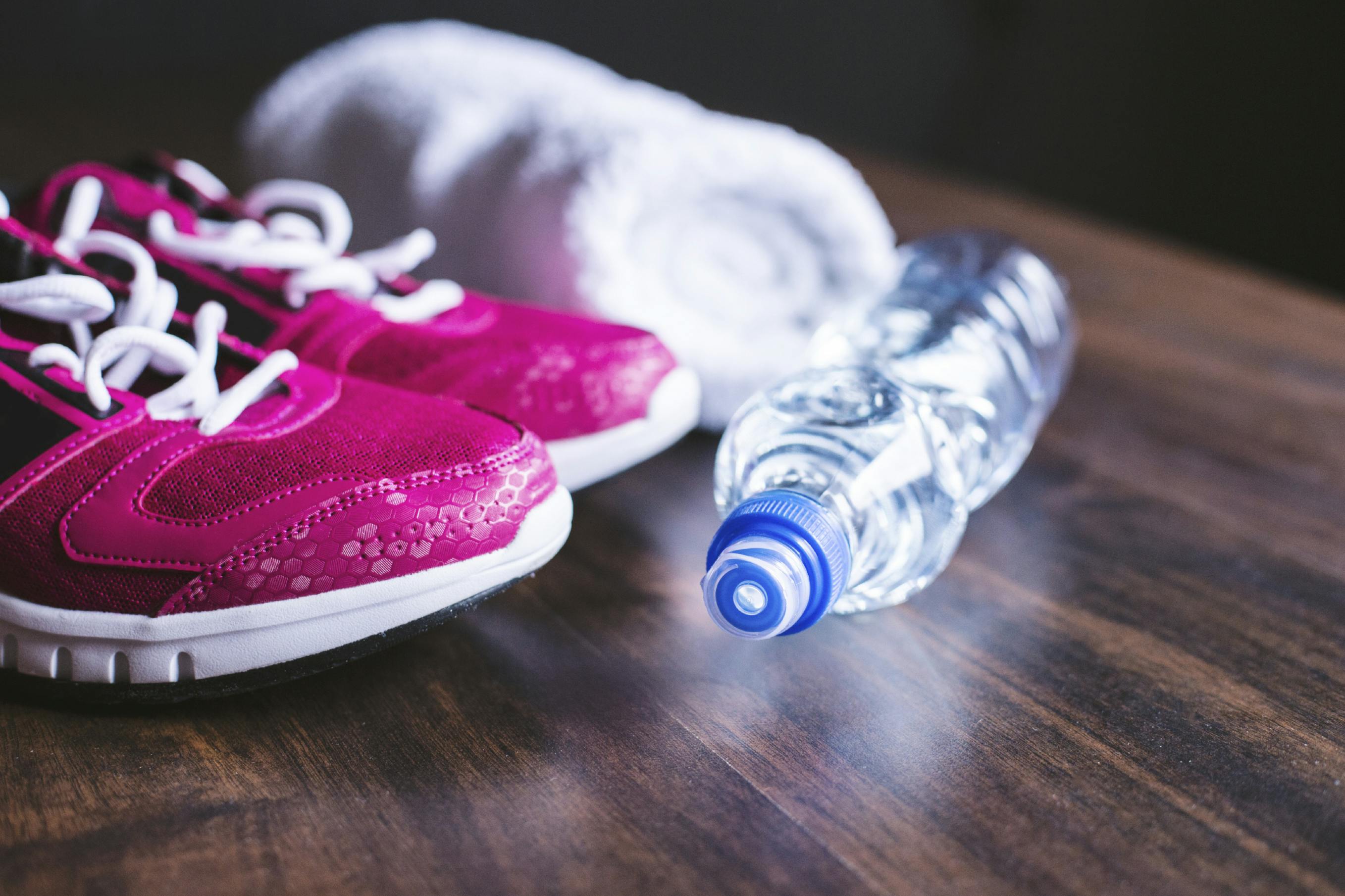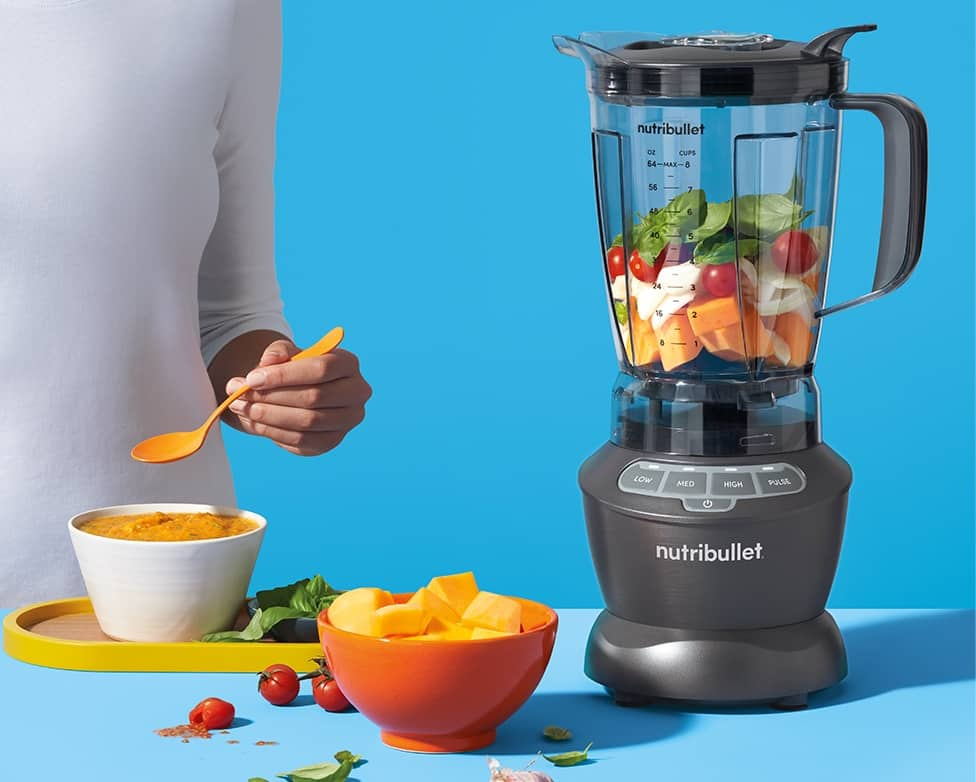Do you feel tired and dehydrated after a sweaty workout? That’s because sweat isn’t just made of water; it’s full of electrolytes that help your body absorb and retain enough liquids to keep your fluid levels in balance. Even when you’re drinking plenty of water throughout the day, if your electrolytes aren’t replenished, you may still become dehydrated!
What are Electrolytes?
Electrolytes play a key role in chemical exchanges by moving electrical charges and signals throughout your body. Therefore, electrolytes are essential for proper nerve functions. There are many different types of electrolytes that help regulate body functions.
- Sodium is a major electrolyte that controls body fluids, blood pressure, and muscle and nerve functions. It also helps balance other electrolytes.
- Chloride balances the pH in your blood and regulates fluids. It’s essential for your digestive system and can be found in table salt.
- Potassium plays a role in nerve transmission and cardiac conduction. It’s also necessary for promoting bone health and muscle contractions, including heartbeats. Potassium imbalance can lead to potentially fatal arrhythmia, in which your heart beats irregularly.
- Magnesium contributes to nerve and muscle functions, regulates heart rhythms, controls blood sugar levels, and boosts immune functions. It also aids in DNA and RNA production.
- Calcium is not only essential for strong teeth and bones, it’s also critical for managing nerve impulses, regulating muscle movements, and preventing blood clots.
Electrolytes are closely linked to the water balance in your body. If your sodium level is too high, for example, your body will tell itself that you’re thirsty. In response to that, your kidneys will release less liquid to direct water back into your blood to dilute the sodium. On the other hand, when sodium levels get too low, your kidneys excrete more water.
Electrolyte Imbalance
Electrolyte imbalances occur when your body is carrying too many or too little electrolytes. While electrolyte imbalance can occur with over-hydration, dehydration is often the contributing cause. Low levels of magnesium, potassium, and calcium are the main contributors to electrolyte imbalance.
Electrolytes are often lost through vomiting, diarrhea, sweating, kidney problems, and as a side effect of certain medications. Other culprits include alcoholism, liver cirrhosis, heart failure, kidney disease, diabetes, eating disorders, severe burns, and some forms of cancer.
Symptoms of electrolyte imbalance include:
- Nausea
- Lethargy
- Fluid retention
- Confusion or sudden change in behavior
- Severe muscle weakness
- Rapid or irregular heartbeat
- Seizures
- Chest pains
Low levels of magnesium, potassium, and calcium often lead to electrolyte imbalances.
How to Maintain Healthy Electrolyte Balance
- Eat Whole Foods
The best way to get all the nutrients your body needs is to eat whole foods the majority of the time. That means avoiding junk foods that have little or no nutritional value. Eating a balanced diet full of fresh produce, lean protein, healthy fats, and complex carbohydrates will give you all the nutrients you need to keep your body in balance.
- Hold the Salt
Most processed foods contain an unnecessarily high amount of salt. Salad dressing, sauces, highly processed desserts, and soda are all major sources of sodium! When you cook your own food, replace table salt with sea salt or Himalayan salt which are full of important minerals.
- Drink Water
As long as you’re eating a healthy and balanced diet, using small amounts of salt in your food, and drinking plenty of water, your fluid balance should be able to manage itself. Water also helps keep your metabolism and digestive system in check.
- Recover after Exercise
Replenish your electrolyte levels after working out by consuming foods that contain potassium and sodium. That includes papaya, broth, milk, pickles, sweet potatoes, and coconut water. While natural sources are ideal, you can also get electrolytes from tablets and supplements. This helps avoid muscle fatigue after a workout.
- Take an Epsom Salt Bath
Your body actually absorbs magnesium better through your skin than through your digestive system. If you’re experiencing muscle cramps, troubles sleeping, or anxiety, consider taking a warm Epsom salt bath since Epsom salt is rich in magnesium.
Electrolytes are essential for keeping your body at optimal health but they can only do so when there’s the right amount of them in your body. By eating a nutrient-packed diet, drinking plenty of water, and replenishing any lost electrolytes, you can ensure that your body stays balanced and healthy.










